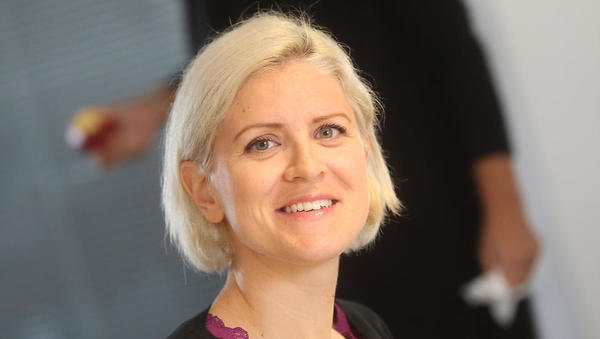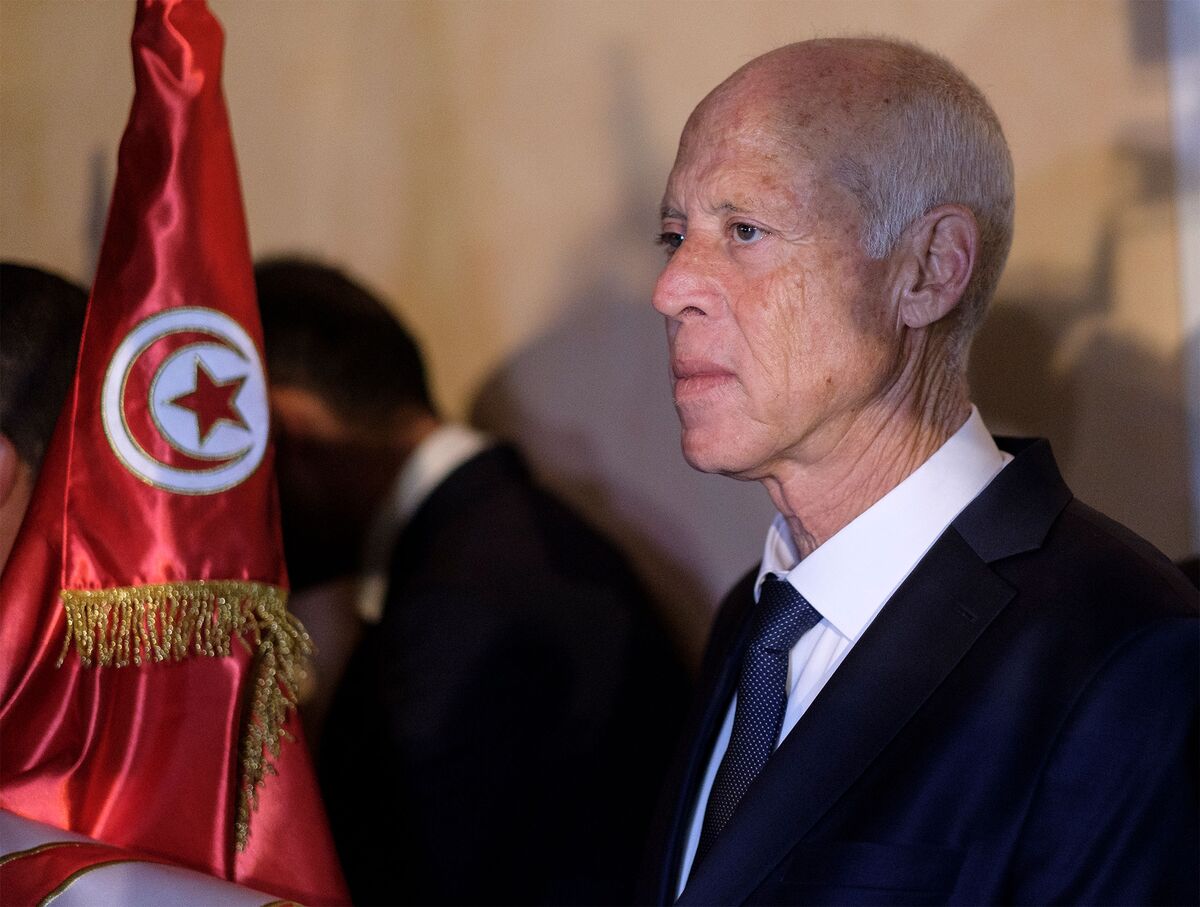
Senior figures at the World Economic Forum (WEF) in Davos have agreed that Environmental, Social and Governance (ESG) standards are coming – and will soon apply to all industries. And furthermore, they suggested, even those who do not want a part of the ESG drive will eventually be left with no choice but to adopt.
The comments were made at an event named “ESG Metrics for a Sustainable Future” at Davos, where participants noted that Davos leaders and the global “big four” accounting firms (PwC, Deloitte, EY, and KPMG) were now moving forward with the creation of globally applicable ESG standards, metrics, and measurement protocols.
At present, only some 140 firms worldwide comply with these protocols, and an “alphabet soup” of “confusing” shorthand had left firms and customers “drowning in acronyms,” the event’s moderator Gillian Tett of the Financial Times remarked.
But the panel agreed that auditors were moving toward a consensus that will eventually result in a unified set of standards for all industries.
Brian Moynihan, CEO of the Bank of America and an Agenda Contributor to the WEF, stated:
“Nobody can hide from an accounting standard.”
He added that while compliance is still a challenge, in many cases, firms announcing they will try to start measuring and reporting on their ESG goal progress was “a big enough” step. But he said that it would “make it easier” to have a set of auditing standards in place, urging that the need to take steps meant that “we can’t debate how to measure any longer.”
He claimed that “convergence” was now taking place, and that the creation of a formal set of metrics was now taking place. “Standardization,” he explained, “will help stop confusion for investors and the public” alike.
Julie Sweet, the CEO of Accenture, also speaking at the event, concurred. She stated that talk of corporate compliance had already been superseded by a focus on “corporate responsibility.” And this, Sweet said, has now been eclipsed by a growing ESG “competitiveness” – which even expands into the talent hiring sphere.
While she conceded that just over a quarter of major firms are reporting a “full set of” ESG data, “it’s not rocket science” for companies to adapt, as “firms just need to make the decision to measure.”
Sweet remarked that certain forward-thinking companies (including her own) are now starting their financial reports with sustainability goals updates as part of a rethinking of business models.
Moynihan appeared confident that companies would be able to comply with the paradigm of new standards quickly, stating that the “entire alignment of companies” to meeting ESG goals would bring “trillions” to initiatives, and would bring more value than maintaining ESG funds.
“Aligning capitalism to the task” of meeting ESG goals, he said, would bring firms on board across the business spectrum.
The crypto mining industry will likely have been watching keenly, particularly miners based in the EU and North America – where any such standards would likely be adopted first.
However, data compiled by mining groups suggests that mining may not be the carbon-intensive ogre some have painted it as. Indeed, some data suggests that miners are now moving to more energy-efficient solutions, and more reliant on renewable power sources – while the international banking sector continues to lag behind.
Some critics of ESG moves, meanwhile, have accused them of lacking substance.
Regardless, it appears that even firms and pools located outside the EU, the USA and Canada, could well run out of places to hide if they hope to dodge ESG standards and reporting duties.
Alain Bejjani, the CEO of the UAE-based business group Majid Al Futtaim – a major retail and leisure group – stated that it had been reporting and was being externally audited on this for more the past 10 years. He stated that others in emerging markets would be left with no choice but to follow suit.
Bejjani explained:
“At the end of the day, a polluter is a polluter. In emerging markets – if firms want to grow sustainably, they will have to [attract] sustainable funding.”
In order to do this, and to “tap into” international markets, emerging markets firms will need to exhibit “sustainability.”
And when asked if existing standard reporting models were “too EU-centric,” Bejjani replied that “going with the most restrictive approach” makes “more sense for emerging economies,” as eventually “common sense will prevail, and readiness is the issue.”
Also speaking at the event was Frans van Houten, the CEO of Royal Phillips (the Dutch conglomerate also known as Phillips), who added that “trust deficits can be solved by transparency,” and agreed that “standards help point all the noses” of a company “in the same direction.”
He noted that the “benefits of standards will be to force laggard [firms] to adopt” further down the line. He also opined that customer behavior might eventually force companies’ hands, and suggested that governments might also intervene with a carbon tax on purchases aimed at the general public.
Van Houten said:
“Early adopting consumers [don’t just buy on price]…there needs to be a carbon cost on prices. It [could] be applied to food and meat and other wasteful areas. One way to go could be to apply a cost to [this kind of] waste.”
Note: This article have been indexed to our site. We do not claim legitimacy, ownership or copyright of any of the content above. To see the article at original source Click Here













